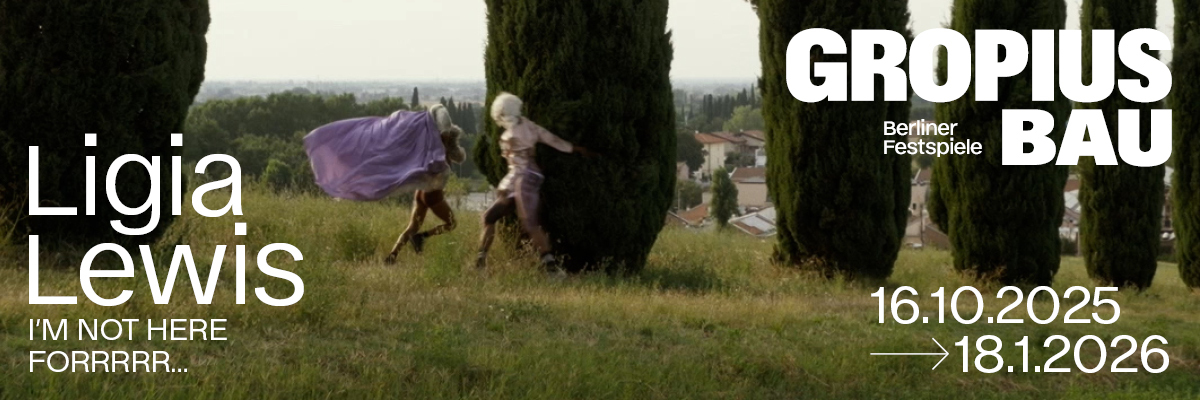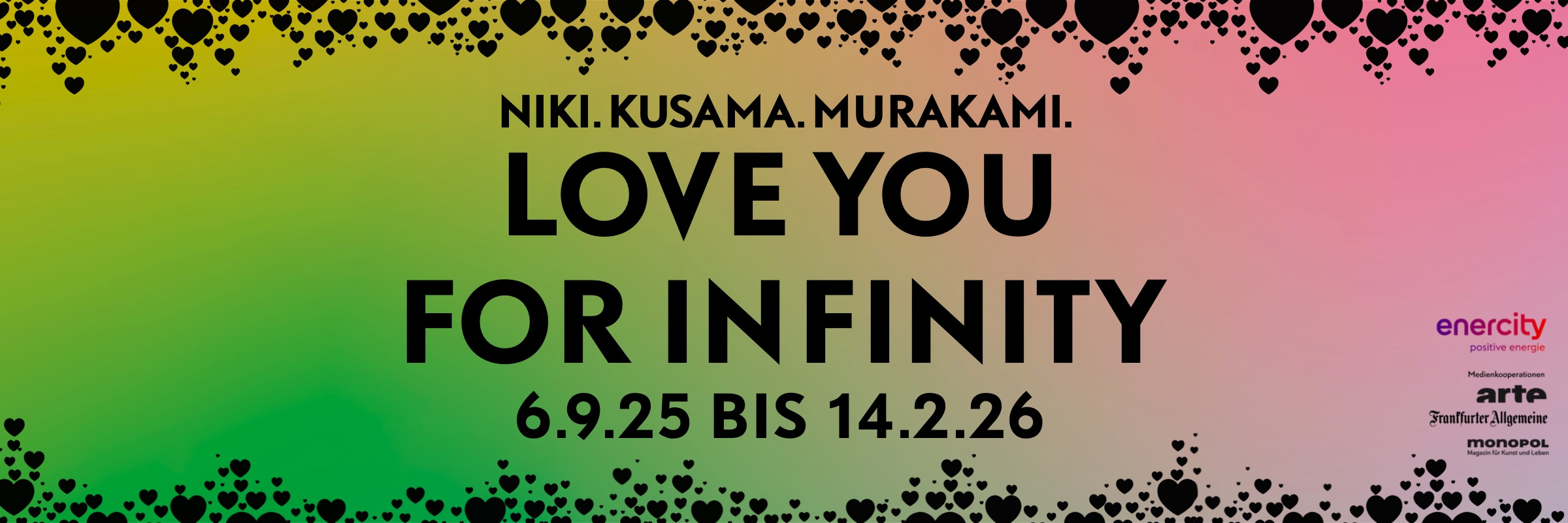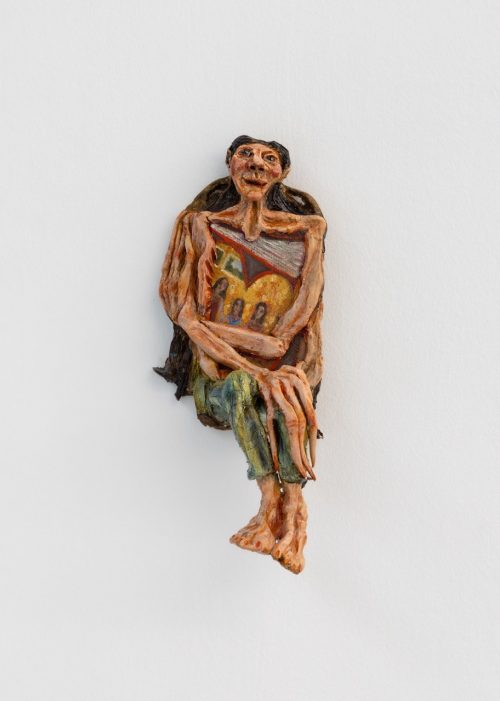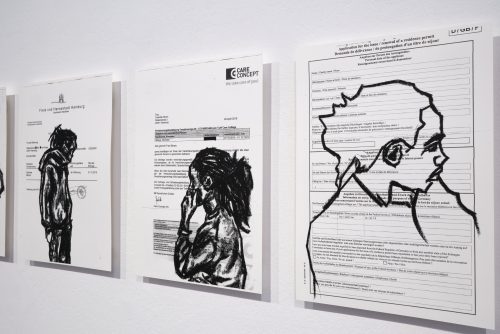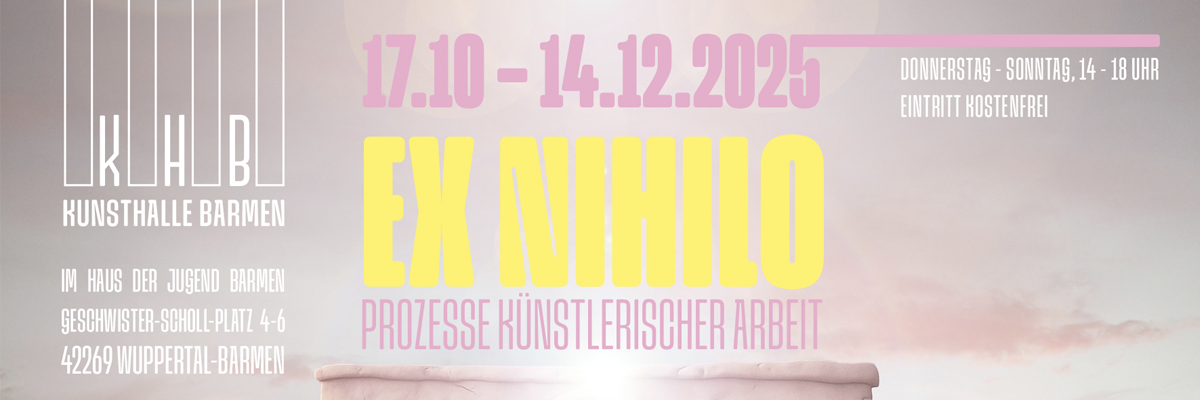
Dragana Zarevska, Gjorgji Despodov
A Girl Named Work
Project Info
- 💙 Cejla
- 💚 Cejla collective: Kristýna Gajdošová, Barbora Ilič, Risto Ilič, Monika Rygálová, Tereza Vinklárková
- 🖤 Dragana Zarevska, Gjorgji Despodov
- 💜 collective Cejla (Kristýna Gajdošová, Barbora Ilič, Risto Ilič, Monika Rygálová and Tereza Vinklárková)
- 💛 Monika Rygálová
Share on

Advertisement



















"My name is work," she whispers to herself as it's almost three in the morning and the urge to orga-nize the tasks for the upcoming day keeps her awake. Sometimes, it's not enough to just arrange them into a calming schedule. It's half past four in the morning, and she asks herself if this effort is even worth it. And if not, what is? That striking word "work" conceals a series of often unrelated tasks intertwined by a thin yet coarse thread of banality. It's like a tangled mess that she tries to solve throughout the day, only to find that its previously untangled parts have found their way into new knots by evening. She has heard of work that ennobles, builds, and cares. But what is work at the end of the world like?
The exhibition "A Girl Named Work" (2024) is the result of a long-term collaboration between artist Dragana Zarevska and artist Gjorgji Despodov. The installation was created from April 2023 to May 2024 and presents a trilogy based on three poems by Zarevska – "Queen of Something," "Marga-ret," and "Future of Work." The work invites speculation about work, identity, resilience, and what it means to be a woman at the end of the world. (Not just) a woman who resists through rest, neglect, writing poetry, and freeing herself from guilt, while the world melts under the heat of everyday evils.
In their work, Zarevska and Despodov confront the often-discussed need for self-care and the re-signation from the so-called grind culture - the idea that everyone can progress towards success through hard work. Discussions about the need to reject the promise of supposed life fulfillment through hard-earned individual succes are ubiquitous in today's culture and art, but few manage to truly replace this economic model with something else on an individual level. As we observe the alarming discord between different layers of what we know we should want and what we truly desi-re, indicators of social and environmental development suggest that the end of the world may be a significant theme in our earthly lives. Eventually, it may just be slightly less impressive than we think, and we may still be wondering who will be tasked with making coffee or writing farewell po-ems.
Gjorgji Despodov (born 1996 in Prilep) is a multidisciplinary artist focused on design and experi-ments with 3D visuals and illustration. He holds a BA from the National Academy of Arts in Sofia, Bulgaria. In his designs, he uses everyday objects, placing them in unexpected environments and layouts, animating them, and creating new narratives. Currently, he is also experimenting with his 3D avatar and exploring interactions between physical and digital environments through concepts of virtual and augmented reality and various digital media. He is a laureate of the Young Visual Artist Award DENES (North Macedonia) for 2023.
Dragana Zarevska (born 1985 in Kratovo) is an artist working with various media, with poetry as her main means of expression. She focuses on building new narrative concepts and speculative future scenarios. She explores the philosophy of technology, the future of work, the archaeology of the future, folklore of the future, think tanks of the new normal, and more. Zarevska was twice no-minated for the Young Visual Artist Award DENES (North Macedonia) and was one of the eight resi-dency-awarded artists at BJCEM 2009. Currently, she is engaged in research and teaching at the University of Technology in Brno.
collective Cejla (Kristýna Gajdošová, Barbora Ilič, Risto Ilič, Monika Rygálová and Tereza Vinklárková)
